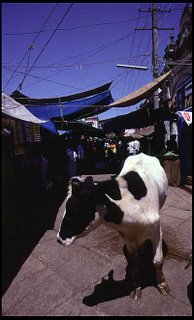

the boat was launched today! The weather gods smiled upon Seattle and all the stars aligned today, and we launched the boat in the Beaver lake behind our house.
We loaded the boat atop (the roof rack on) the car. Tied it up securely and drove to the lake. The boat weighs in at around 70-80 lbs, so it is a pretty light boat. But, due to its size and shape, it is a little bit unwieldy while un/loading on a car. While unloading, it slipped our hands and we dropped the stern from about 3 Ft. Visual inspection revealed no damages. Fiberglass seemed to do its job well. No cracks and such. Stress test (unintended) successful. Launched it into the lake, and I took it for a short spin. Things seemed to hold well. So, both my wife and daughter boarded. Spent a couple of hours on the lake and the trip back home was a breeze. We have now mastered the art of loading the boat onto the car. We will know, during our next trip.
As you may notice in the picture, the oarlocks are still not on the boat. The reason is that there is no set formula for calculating its location. We have to figure it out by trial and error. There are thumbrules to get you started. So, I used c-clamps to place the oarlocks in different positions to figure out which works best. Finally found a sweet spot and marked it. I will now attach the oarlocks and we should be set.
With the launch behind us, we need to get the boat registered, and we are good to go.
